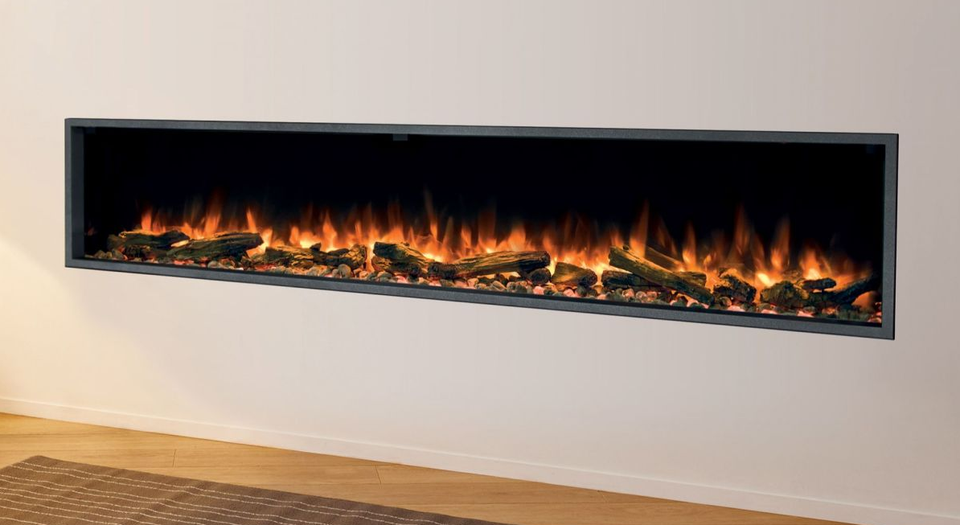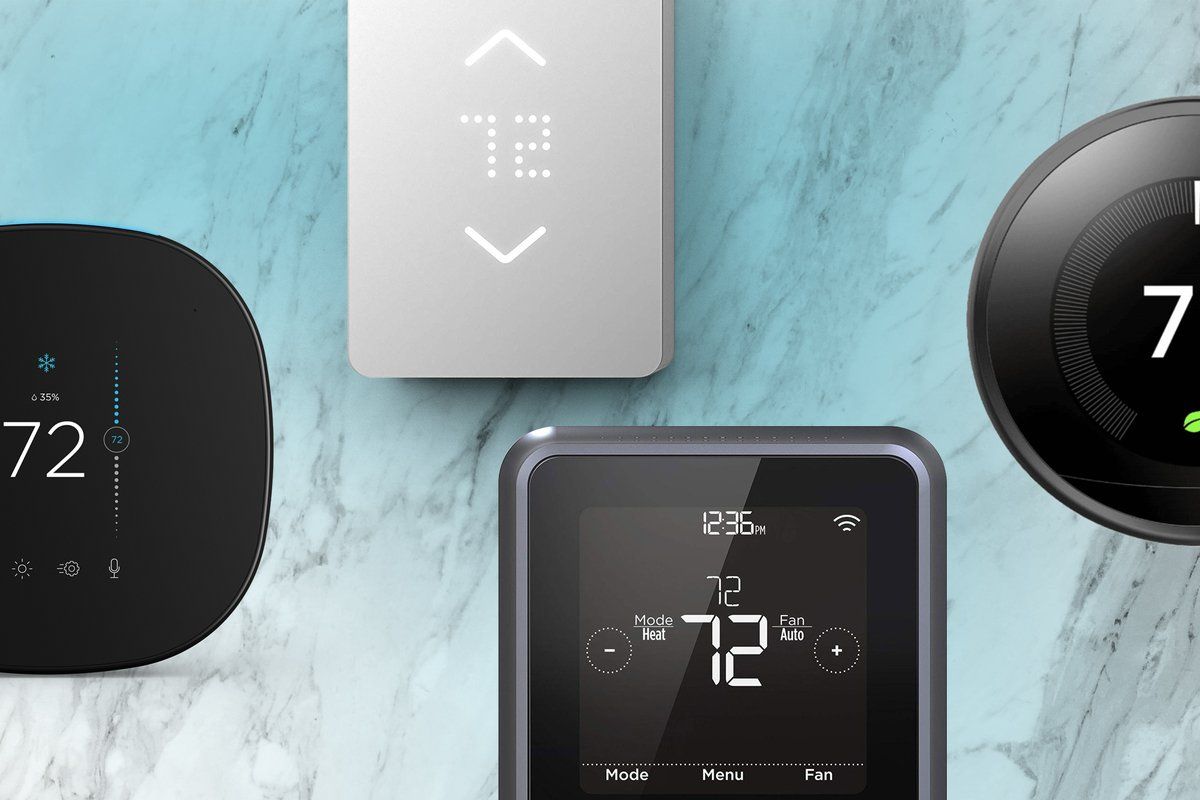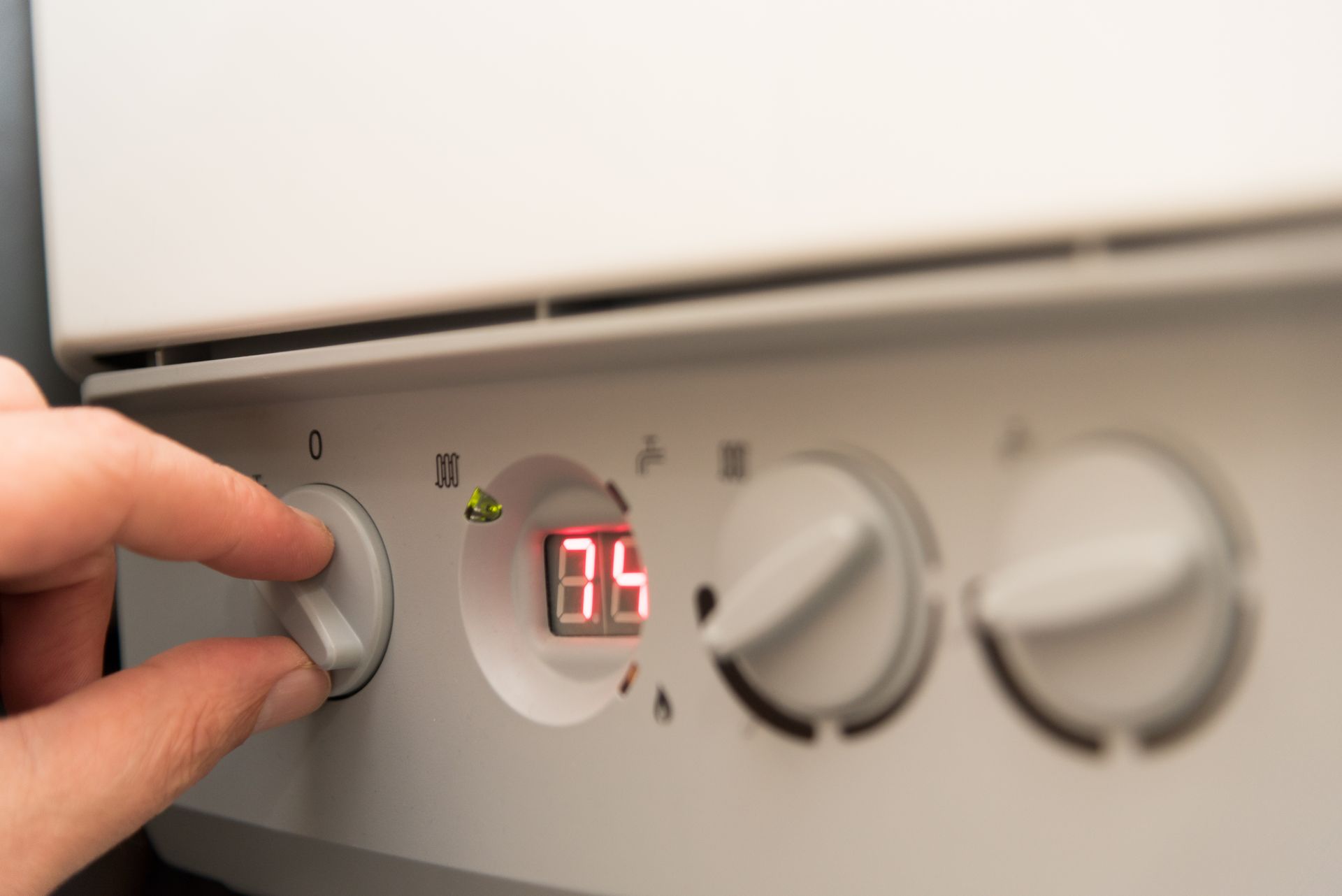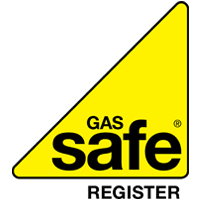Spotting a Gas Leak
August 11, 2019
Gas Leaks

Gas is extremely flammable and as such, a gas leak is cause for great concern. Gas is not visible when it is leaking, however it does have a distinctive smell which is normally the first warning sign that there may be a gas leak.
How do I know if I have a gas leak?
Normally people are made aware of a leak by the smell, however, if the leak is slow, you might not notice the smell; in this case you may notice that you or your family are suffering with headaches, feeling lightheaded, dizzy or nauseous when around the home or after being home for a period of time but find that symptoms ease when away from home. Should this happen, call a Gas Safe engineer or the National Gas Emergencies number (24hr line: 08000 111 999) for advice.
What should you do if you smell gas?
Firstly, evacuate the building, ensuring no one is left behind, however, do not turn any appliances or lights on or off as this may cause a spark. Once you are in a safe place, away from the leak, call the National Gas Emergencies number immediately on 0800 111 999.
If you are able to do so safely, leave any windows or doors open to ventilate the area as quickly as possible - again, do not use any electrical appliances such as fans or extractors. If it is safe to do so, you may want to check any appliances around you to see if they have been accidentally left on. If they have, turn them off immediately, if they haven’t, see if you can get access to the main supply to turn it off.
If you can still smell gas outside of the property, it may well be justified to speak to your neighbours and have them evacuate the area too whilst you await the attending engineer.
The National Gas Emergencies team will send an engineer urgently who will be able to isolate the supply if you have not been able to, then identify and repair the source of the leak.
Anyone who feels unwell after being exposed to gas should visit an emergency care centre or poison centre immediately and advise the medical staff that they may have carbon monoxide poisoning.
In Short - The Do’s of Gas Leaks
⁃ Advise everyone in the property and evacuate as soon as possible - anyone who feels unwell should seek emergency care as soon as possible
⁃ Remove pets from the property and ensure they are safe and in fresh air - monitor them for signs of carbon monoxide poisoning
⁃ Turn off the gas supply at the mains if you are able
⁃ Ventilate as much as possible without using electrical appliances
⁃ Call for help (National Gas Emergencies 0800 111 999)
⁃ Follow any instructions the call handler gives
⁃ Stay safe and out of the building
In Short - The Don’ts of Gas Leaks
⁃ Don’t smoke or use e-cigarettes in an area contaminated with leaked gas
⁃ Use any electrical or battery powered devices, the simple act of turning off a light could cause a spark and ignite leaked gas
⁃ Go back into any buildings until a Gas Safe engineer advises it is safe to do so
Preventing Harm from Gas Leaks
The best way to protect and premises with a gas supply is with a carbon monoxide alarm. These compact devices look similar to a standard household fire alarm and can be wall or ceiling mounted in any room with gas appliances. These devices are very affordable and can detect gas leaks much sooner than most humans can. Pro Gas Services provide a full Carbon Monoxide Alarm fitting service so you can be sure your alarm is placed correctly to operate optimally.
Typically a gas leak is the result of a faulty appliance or a leak from the gas pipes, however, there is a risk that gas leaks can be caused by carelessness.
Watch for the spark
When lighting a gas appliance, such as a hob, or gas oven, ensure the element is fully lit and that parts are in the correct position, so as not to become a hazard. When using gas appliances, ensure you regularly check the flame is still ignited, especially if using for a long period of time.
Never leave a gas appliance on unattended such as whilst you are out of the house or asleep, it is also important to ensure that children and vulnerable adults do not have access to turn on the gas supply to appliances.
Ensure Gas Appliances are serviced regularly, if you are a tenant, your landlord must arrange and pay for a gas safety check every year. If you are not a tenant, you should arrange your own gas safety checks - our gas safety checks start from just £50, which is a small price to pay for peace of mind. We supply all the relevant paperwork for all gas safety checks, whether you are a landlord, a business owner or homeowner.
If you have any questions or concerns regarding gas leaks, feel free to give us a call and speak to one of our Gas Safe registered engineers.
You might also like
Pro-Gas Hull - Blog

So what IS a smart thermostat? You probably remember the catchy jingle from the Hive adverts when they launched a few years ago, and they do pretty much what they say on the tin. Connecting to the boiler in the first instance, the thermostat tells the boiler when to turn on the central heating, at what temperature and how long for. Smart thermostats then use the internet to sync to a website or mobile app so that the heating can be managed from anywhere with an internet connection. Most providers also give the user access to information which can help them to save money by showing trends and suggesting smarter ways to use your heating. Are they expensive? Depending on the brand and capabilities the price can vary quite a lot. However, a smart thermostat can be bought for around £150-£300, a cost which you should be able to save from your energy bills through the coming months or year. Should I buy one? The biggest perk of a smart thermostat is using it away from the home. If you’re looking for a way to track your energy uses there are more cost effective devices for this, so if you’re home most of the time it’s likely an unnecessary investment. The main sell is that you can turn the heating off from the airport if you forget to before leaving for a holiday. You can also turn it back on as you set up to come home to ensure the house is warm for you when you walk in. The same goes for impromptu overnight stays with friends or family or even if you’re leaving work later or earlier than expected. Having this control does and has saved thousands of happy customers a lot of money. Which smart thermostat is best? There really isn’t a fix all answer for this one. If you need help picking the right device give our team a call, once we know what you want to achieve and your budget we can put together a free, no-obligation quote to solve your problems. There are four market leaders though which generally are the ones most worth working with. They are well developed and tried and tested with good warranty and support options. Google’s smart thermostat, the Nest Learning Thermostat, and tado both have artificial intelligence to enable them to make decisions for you based on your behaviour. It monitors your heating settings in the beginning then maintains them for you going forward whilst giving of course an override option. British Gas’ Hive and ScottishPower Connect are more about user control, whilst giving a large array of data to their users to help them make smart decisions, they take the passenger seat and require full user management. These devices suit a more sporadic and spontaneous lifestyle better than the former. Will I definitely save money? If you take the time to manage the device properly then chances are the answer is yes. According to tado, its smart thermostats will help customers save an average of 31% on their heating costs – about £200 a year. ScottishPower on the other hand, claim that they could save you around £337 a year if you spend about around £200 a month on your heating. Ok, I’m sold! ...What now? Give the Pro-Gas team a call so we can talk to you about your options and take you through the next steps!






